Into Practice, a biweekly communication distributed from the Office of the Vice Provost for Advances in Learning to active instructors during the academic year was inspired by a successful 2012 HILT grant project. The e-letter highlights the pedagogical practices of individual faculty members from across Schools and delivers timely, evidence-based teaching advice, contributing to and strengthening a University-wide community of practice around teaching.
Below is a catalog of all the Into Practice issues sorted by the publication date. To subscribe to Into Practice, please sign-up via our Mailing List page.
-
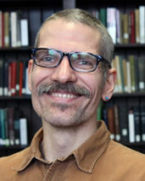
The hidden curriculum: Engaging students on another level
Bernhard Nickel, Professor of Philosophy, engages students in his introductory College courses about the “hidden curriculum”—defined here as the social and disciplinary norms often invisible to both students and the teaching staff, including expectations about class preparation, in-session focus, respectful discussion behavior, and the role of feedback.
-
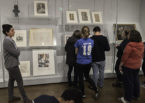
Museum collections: Using objects to teach the abstract
Racha Kirakosian, Assistant Professor of German and of Religion, selected works of art for an installation at the Harvard Art Museums for students in her freshman seminar, Guilty Until Proven Innocent: Finding Justice and Truth in the Middle Ages.
-
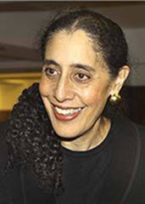
Late semester assignments: Recognizing merit through collaboration
Lani Guinier, Bennett Boskey Professor of Law, incorporates collaboration into her late semester assignments in order to provide opportunities for self-improvement and self-reflection.
-
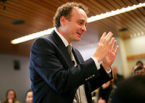
Blended Learning: Using interactive online modules before class to enhance learning in class
Dan Levy, Senior Lecturer in Public Policy and Faculty Chair of the Strengthening Learning and Teaching Excellence (SLATE) Initiative at the Harvard Kennedy School, developed a series of online modules for Advanced Quantitative Methods I, work made possible by teaching fellow Teddy Svoronos and SLATE staff member Mae Klinger.
-
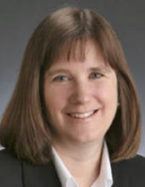
Primary sources: Teaching humanity in history
Catherine Brekus, Charles Warren Professor of the History of Religion in America, worked with Schlesinger Research Librarian Amanda Strauss this semester to design a session for her freshman seminar on Christianity and slavery: “When I arrived for our meeting, there was a table full of materials for me to look at—Amanda did so much work.”
-

Research assignments: Teaching the production of knowledge
Ryan Enos, Associate Professor of Government, assigns an original research project—students define a question, design a study, collect data, and present their results—in his undergraduate and graduate political science courses.
-
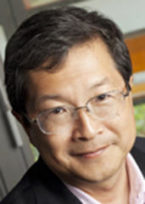
Multimedia assignments: A doable skill, a usable skill
Shigehisa (Hisa) Kuriyama, Reischauer Institute Professor of Cultural History and Chair of the Department of East Asian Languages and Civilizations, prefers brief video assignments – where students create a visual presentation with audio narrative – to regular written response papers. “I think the ability to express oneself with media is one of the most usable skills.”
-
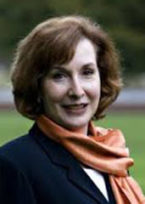
Learning through literature: “Closer to life as it is really lived”
Sandra Sucher, MBA Class of 1966 Professor of Management Practice, teaches “The Moral Leader” at Harvard Business School with a literature-based approach.
-
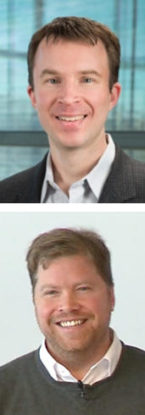
Setting up effective feedback loops: The role of assessment in course transformation
Logan McCarty, Director of Physical Sciences Education, and Louis Deslauriers, Director of Science Teaching and Learning, adopted an active pedagogy for a large introductory physics course and saw significant gains in student learning and attitudes.
-
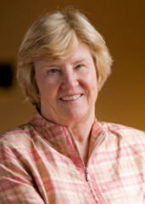
Teacher/learner dependency: A classroom culture of reciprocity
Katherine K. Merseth, Senior Lecturer on Education, creates a culture of reciprocity in her classroom where students and instructors are expected to both teach and learn.

